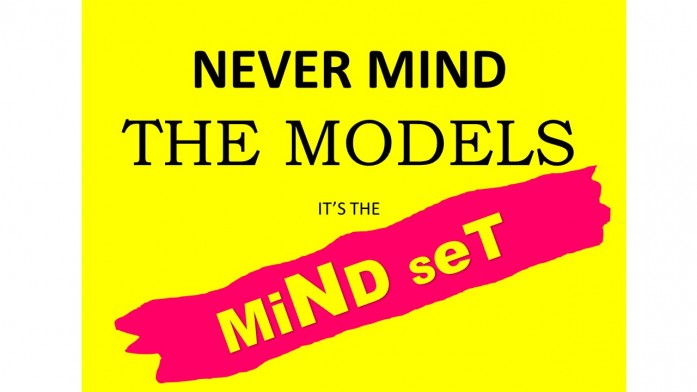Back in the dark mists of time, I used to work in the national emergency care team. Our job was essentially about applying service improvement to improve the delivery of emergency care. As part of the role myself and others would visit many different A&E departments and hospitals. What struck me most about these visits were the different mind-sets of those we visited.
They generally fell into two camps. There were those who were very warm and welcoming. They wanted to show us every part of their system and explain how it worked. They were eager for our feedback, and were keen to understand how they could make it better.
Then there were those who were not welcoming, who would make us wait, and restrict access to the areas they wanted us to see or to a certain amount of time because of how busy they were (i.e. had more important things to do). They were defensive to any reflections made about their practice, dismissed innovations developed elsewhere, and were not open to doing things differently.
We were not there to judge these departments, only to help. But it was clear from the outset which ones were actually open to any help and which ones were closed to it.
This phenomenon of having an “open” or “closed” mind-set is not limited to emergency departments. It is also prevalent in general practice. There are practices who are keen to learn from others, eager to try new things, and who want to find out where they can improve. Then there are practices who will tell you they have already tried everything that is out there, that it “didn’t work” for them, and that it is the system that needs to change, not them.
Possibly the leading international thinker on this subject it Carol Dweck. She talks about an open mind-set as a growth mind-set, and a closed one as fixed. She says,
The tricky part of all of this is that most people and practices will say they are open to new ideas, and that they have a growth mind-set. But saying it doesn’t make it so. Some people and some places maybe were open to new ideas once, but no longer are. Years of relative success breeds a confidence in what you do and how you do it. It creates a mind-set that challenges and difficulties are driven by external forces and that making changes to meet them and learning from others is disrespectful to how they do things and unnecessary.
This is the difficult place that general practice finds itself in. Some practices are open to new ideas and to making changes, and are developing rapidly. But others are not. Their mind-set remains closed. This is where the real challenge for general practice lies. Primary care networks, operating at scale, technology, the introduction of new roles, creating John Lewis style ownership models (etc.) will only help practices if they have an open mind-set, if they want to learn from others, and if they want to make changes.
Creating a new future for general practice is not really about creating a new partnership model. At its heart it is about developing a new mind-set.


No Comments